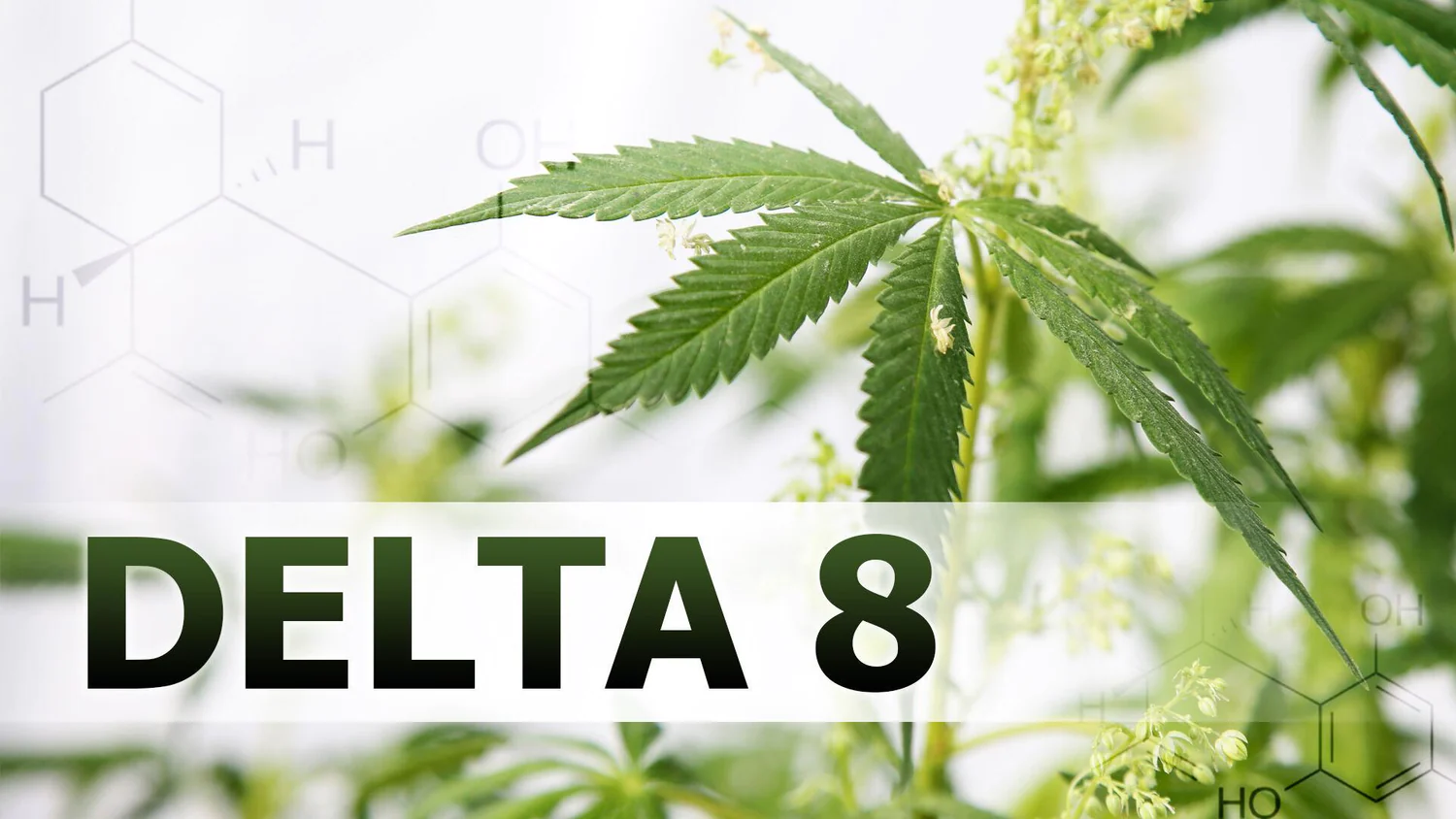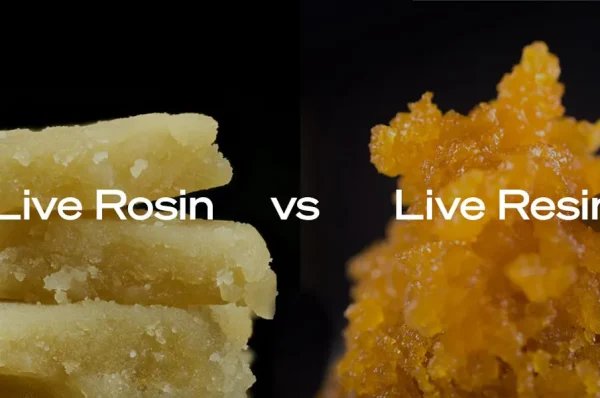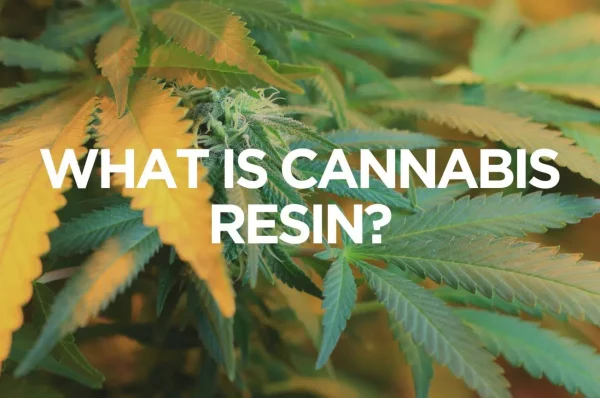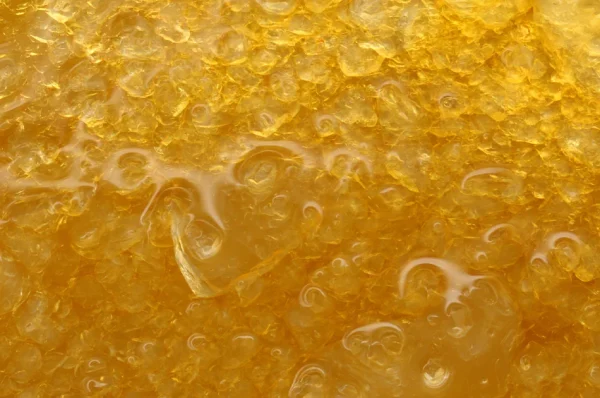Delta 8 Tetrahydrocannabinol (Delta 8 THC) is a minor cannabinoid derived from the hemp plant, capturing the interest of researchers, consumers, and lawmakers alike. Its unique chemical structure, potential health benefits, psychoactive properties, and the extraction process set it apart from its more famous counterpart, Delta 9 THC. This article delves into the fascinating world of Delta 8 THC, shedding light on its chemistry, health benefits, psychoactive effects, and the methods used to extract it from hemp.
The Chemistry of Delta 8 THC
Delta 8 THC is one of the over 100 cannabinoids found in the cannabis plant, but it occurs in much smaller concentrations compared to Delta 9 THC, the primary psychoactive compound. Chemically, Delta 8 THC is an isomer of Delta 9 THC, meaning they share the same formula but have a different arrangement of atoms. This slight difference in structure has a significant impact on how it interacts with the body’s endocannabinoid system (ECS), particularly its affinity for the CB1 and CB2 receptors. The ECS plays a crucial role in regulating various physiological processes, including pain, mood, appetite, and memory.
The double bond in Delta 8 THC is located on the eighth carbon chain, whereas in Delta 9 THC, it’s on the ninth. This alteration affects the compound’s stability and potency, making Delta 8 THC less potent than Delta 9 THC but also potentially more beneficial for certain medical applications due to its milder psychoactive effects.
Health Benefits of Delta 8 THC
Delta 8 THC has garnered attention for its potential therapeutic benefits. Preliminary research and anecdotal evidence suggest that it may offer several health advantages, including:
- Pain Relief: Like other cannabinoids, Delta 8 THC may help alleviate chronic pain by interacting with the ECS and reducing inflammation.
- Anxiety Reduction: It is believed to have anxiolytic effects without the intense high associated with Delta 9 THC, making it a potential option for those seeking relief from anxiety.
- Appetite Stimulation: Studies have shown that Delta 8 THC can stimulate appetite, which could be beneficial for individuals suffering from eating disorders or undergoing treatments that reduce hunger.
- Nausea Control: Research indicates that Delta 8 THC could be effective in reducing nausea and vomiting, especially in cancer patients undergoing chemotherapy.
It’s important to note that while these benefits are promising, more research is needed to fully understand the effects and therapeutic potential of Delta 8 THC.
Psychoactive Properties
Delta 8 THC is psychoactive but to a lesser extent than Delta 9 THC. Users often report a clearer, more focused high, with reduced anxiety and paranoia. This makes it an attractive option for those looking for the therapeutic benefits of THC without the intense psychoactive effects. However, the psychoactive experience can vary greatly among individuals, and the legal status of Delta 8 THC remains a gray area in many jurisdictions.
Extraction and Processing
Extracting Delta 8 THC from hemp involves sophisticated techniques due to its low natural occurrence in the plant. The process typically starts with CBD, which is more abundant in hemp. Through a series of chemical reactions, including isomerization, CBD is converted into Delta 8 THC. This process requires expertise in chemistry and access to specialized laboratory equipment. The final product can be formulated into various forms, such as tinctures, edibles, vapes, and more, to suit different preferences and uses.
The extraction and conversion process must be conducted with precision to ensure the purity and safety of the Delta 8 THC product. Contaminants or improper handling can lead to the presence of unwanted compounds, highlighting the importance of purchasing Delta 8 products from reputable sources that provide third-party lab testing results.
Conclusion
Delta 8 THC is a fascinating compound that offers a unique combination of mild psychoactive effects and potential therapeutic benefits. Its distinct chemistry, lower potency, and the complex extraction process set it apart from other cannabinoids. As the scientific community continues to explore its properties, and as legal frameworks evolve, Delta 8 THC may become a more prominent and accessible option for those seeking the benefits of cannabinoids. However, consumers should remain informed about the legal status and ensure they are purchasing high-quality products from reputable sources.




